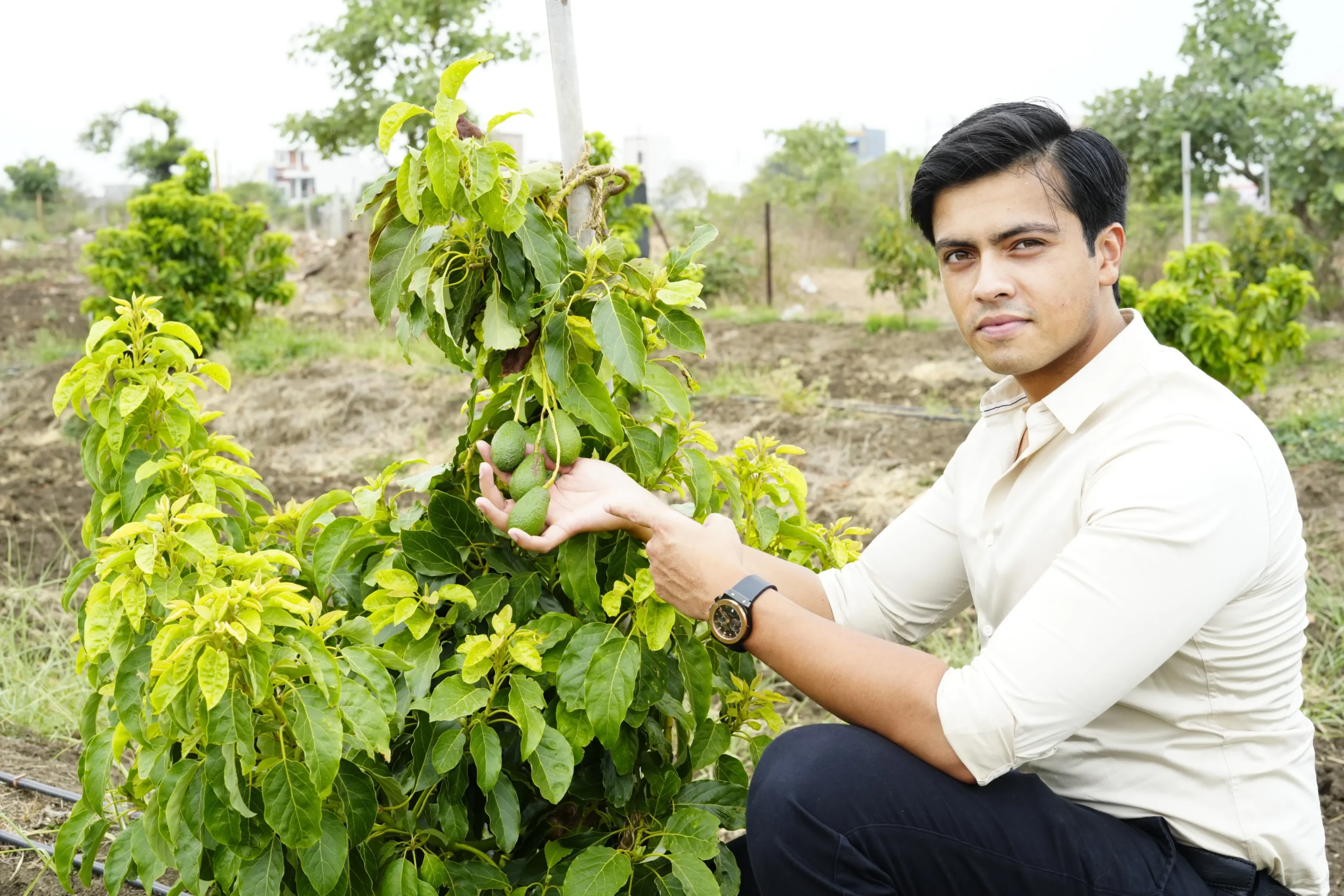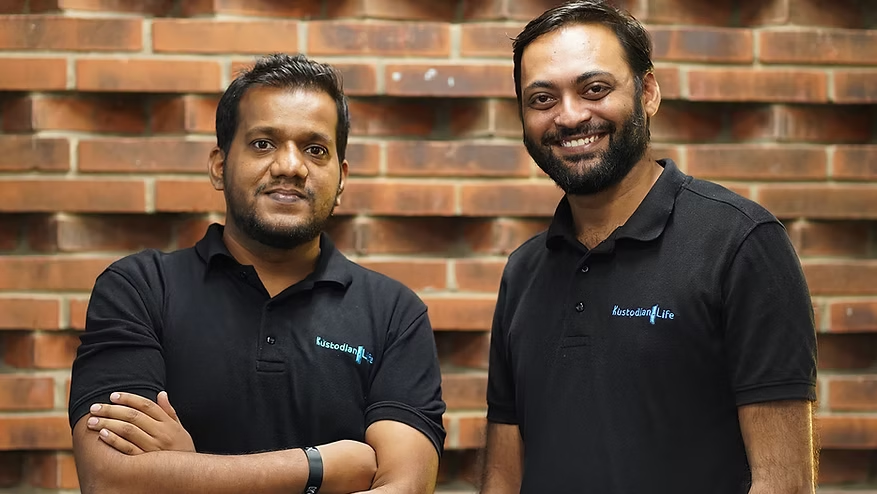India, traditionally famous for its mangoes and bananas, is now witnessing a quiet agri-revolution: Avocado Farming. As global tastes and local health trends gravitate towards this nutrient-rich “butter fruit,” planters and agritech entrepreneurs are rethinking how and where avocados are grown. One such innovator is Harshit Godha of Indo Israel Avocado, whose model shows both the promise and science now central to the industry.
Selecting the Right Varieties: Climate is King
Avocado isn’t a monolith, a fact often overlooked by newcomers. Godha emphasizes the need to choose varieties based on temperature profiles:
- Green skin avocados (Pinkerton, Ettinger, and Reed) have a higher heat tolerance.
- Black skin avocados (Hass and Lamb Hass), prized globally for their taste and shelf life, require cooler conditions.
For instance, the northeastern states and the coffee estates of South India are suitable for Hass, India’s premium export-grade variety. In contrast, states like Madhya Pradesh, Gujarat, Maharashtra, and Punjab are better suited for hardier green skins. Notably, Hass gets itself a premium in the market, but only thrives in select microclimates.
Rootstocks: The Israeli Edge
A key differentiator in Indo Israel Avocado’s offering is the rootstock. While many Indian nurseries graft freely onto any seed, Godha’s plants use Israeli-developed rootstocks like Ashdot 17.
“Without a good rootstock, you won’t get that commercial harvest you were hoping for. You’ll only find out after the tree matures years later.”
Israeli research, spanning six decades, has made rootstocks for arid, calcareous soils and higher disease resistance. Israeli rootstocks offer protection against issues such as verticillium wilt and alkaline soils, both common challenges in Indian farmlands.
Science of Pollination: Type A and Type B
The business of avocado farming is far from set-and-forget. Harvest yields and fruit quality depend heavily on pollination, which in avocados is complicated by their synchronous dichogamy, flowers that play hard-to-get for pollinators.
To ensure cross-pollination and robust yields:
- Grow both Type A and Type B cultivars – Ettinger (Type B) is recommended as a pollination partner for Hass.
- Ideally, 11–15% of an orchard should comprise pollinator varieties, strategically placed for maximum effect.
Agronomics: Planning and Preparing for Profit
Soil Testing Essentials
Before planting, Godha recommends rigorous soil testing, like:
- EC (Electrical Conductivity)
- Calcium content
- Sodium Absorption Ratio
- Soil Texture Analysis
- PH and Macro Nutrient Analysis
Well-drained soil is non-negotiable. Where drainage is poor, implement raised beds to prevent root rot and plant mortality.
Planting Design
- Spacing: 3.5 meters between trees; 7 meters between rows.
- This configuration consists of mechanized operations – spraying, harvesting, and pruning, while maximizing acreage output (165–170 trees per acre).
Field Preparation
- Raised beds are crucial for heavy soils.
- Inline drip irrigation systems (Netafim’s Dripnet or Uniram) are the gold standard for consistent water delivery.
Market Math: The Business Case
Profitability depends on variety selection, climate suitability, and operational discipline.
- Yield Estimates: In Israel, green skins yield about 6 tonnes/acre; black skins about 4.5 tonnes/acre.
- Wholesale Prices: Black skins (Hass, etc.) could fetch up to ₹200/kg, green skins between ₹100–150/kg in India.
- Potential Returns: Green skins may generate ₹6–7 lakhs/acre; black skins, up to ₹8–9 lakhs/acre (conservative estimates).
Sourcing: The Indo Israel Advantage
Godha’s nursery imports hardened, quarantined Israeli plants that are one and a half years old at delivery helping reduce farmer risk and improving survivability. Prospective growers are invited to connect for consultation and guidance on planting, layout, and after-sales support.
Future Ahead
India’s avocado opportunity is ripe, but rewards will go to those who blend agriscience with entrepreneurial vision. The Israeli connection is setting benchmarks in quality and commercial viability. For planters eyeing high-value horticulture, avocado is now a credible bet.
ALSO READ : How a Farmer from Maharashtra Turned Dry Land into a Profitable Avocado Farm
























